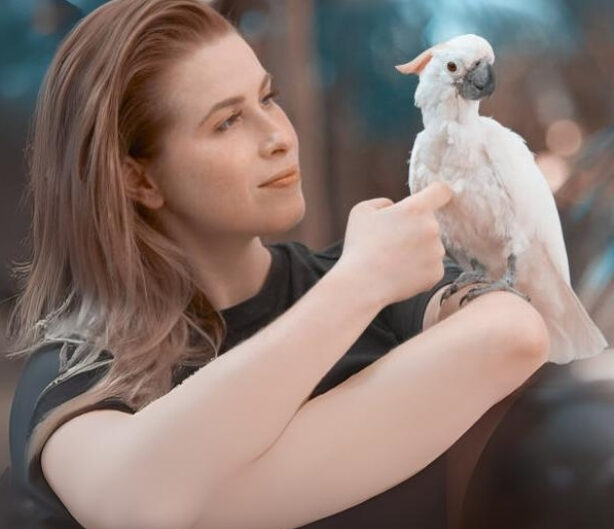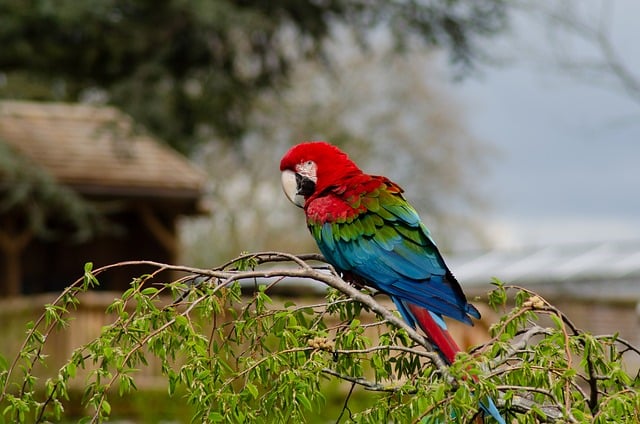Introduction
Shoptalk is an intriguing and steadily developing part of language that adds tone and flavor to ordinary discussions. After some time, words take on new implications, frequently moving away from their exacting definitions to address dynamic thoughts, feelings, or ways of behaving.
gOne of the fascinating ways this happens is using creatures in shoptalk terms. Creatures like parrots, monkeys, and even sheep are usually referred to in shoptalk to depict human ways of behaving, frequently in hilarious or basic ways. In this article, we’ll plunge into the shoptalk significance of “parrot” and investigate what this bird’s regular ways of behaving have meant for its utilization as an illustration for human activities.
What is Slang?
Shoptalk is casual language that is ordinarily spoken as opposed to composed, advancing quickly founded on patterns, culture, and social setting. It frequently disrupts the norms of customary language and gives new implications to old words, assisting individuals with articulating their thoughts in a manner that is new, important, and once in a while defiant.
Shoptalk can fluctuate significantly starting with one area then onto the next and, surprisingly, between various gatherings. While it’s not unexpected considered less formal, shoptalk fills a basic need by catching the state of mind and personality of a gathering, age, or culture at a particular second in time. Words that beginning as shoptalk can in some cases become so imbued in ordinary language that they lose their casual status, turning into a customary piece of our jargon.
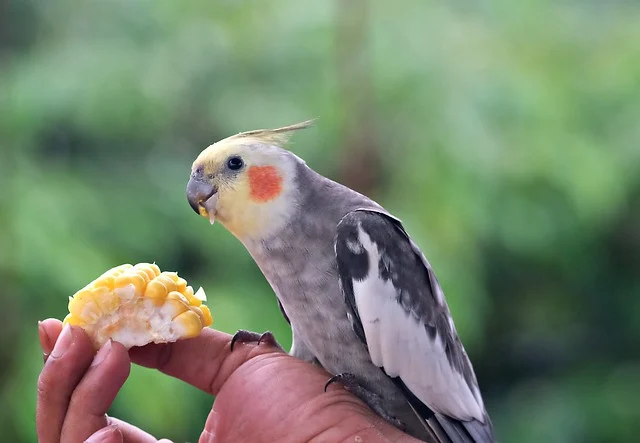
Evolution of Words in Slang
The advancement of shoptalk words is captivating to notice. Words can begin with one significance and change after some time, reflecting changes in culture, innovation, and society. This change happens in light of the fact that language is liquid and versatile. Words like “cool” or “lit,” for instance, initially alluded to temperature and light, however in shoptalk, they’ve come to mean something else entirely cool significance popular or trendy and lit importance energizing or tomfoolery.
A similar cycle applies to creature terms like “parrot,” which has taken on a figurative importance in shoptalk, distant from its exacting reference to a bright bird. As language keeps on advancing, so too does the manner in which we use creatures as images for human characteristics.
How Animals Are Used in Slang
Creatures have forever been a rich wellspring of illustrations in language, particularly in shoptalk. They typify qualities that are simple as far as we’re concerned to connect with, making them ideal for portraying human ways of behaving. For instance, considering somebody a “monkey” could infer that they’re perky or naughty, while naming somebody as a “sheep” recommends they understand the group without having an independent mind.
Parrots, specifically, are known for their capacity to imitate sounds and discourse, which has brought about their utilization in shoptalk to depict individuals who duplicate or rehash what others say without understanding. The association between these creature ways of behaving and human activities makes striking symbolism that upgrades regular correspondence, frequently with a dash of humor or analysis.
What Does ‘Parrots’ Mean in Slang?
In shoptalk, “parrot” is utilized to portray somebody who rehashes what others say without completely understanding or mulling over everything. Very much like the bird that imitates sounds, an individual who “parrots” another person is just repeating their words or activities.
The shoptalk utilization of “parrot” frequently conveys a pessimistic meaning, suggesting that the individual needs innovation or decisive reasoning. They’re simply replicating data, thoughts, or feelings, similar as a parrot rehashes words it hears without grasping their importance. This term features the possibility of thoughtless redundancy and fills in as a similitude for people who track with the group or spew everything they’ve been said, without contributing anything new or clever.
General Meaning of ‘Parrot
The general importance of “parrots” in shoptalk rotates around replicating or impersonating without thought. It’s really not necessary to focus on learning or drawing in with the material; rather, it’s tied in with rehashing another person’s words or activities, frequently in a shallow or shallow way.
This absence of individual knowledge or understanding makes the term marginally slanderous. At the point when somebody is known as a “parrot,” it proposes that they are only rehashing things they’ve heard, without adding any worth or decisive reasoning to the discussion.
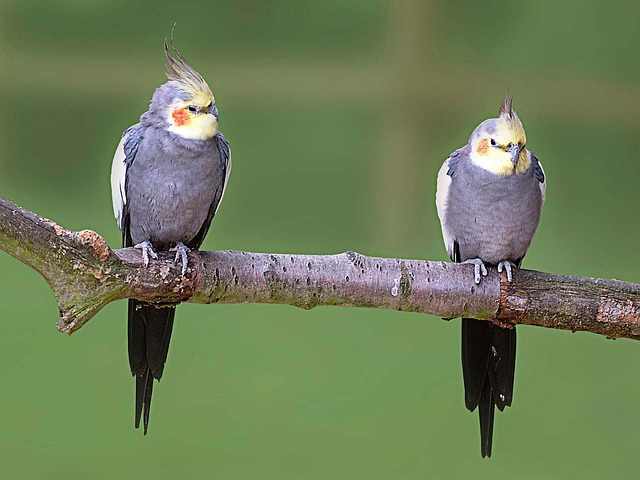
Origins of ‘Parrot’ in Slang
The starting points of utilizing “parrots” as a shoptalk term can be followed back to the bird’s notable capacity to impersonate sounds and discourse. Parrots have been kept as pets for quite a long time, respected for their striking tones and noteworthy mimicry abilities.
After some time, this characteristic turned into a representation for human way of behaving, especially when somebody rehashes something they’ve heard without completely grasping it. The idea of “parroting” logical arose out of this relationship between the bird’s regular ability for impersonation and the human propensity to do likewise in specific circumstances. It’s a distinctive method for depicting somebody who doesn’t have an independent mind, depending rather on reiteration of what they’ve heard.
Common Usage of ‘Parrot’ in Everyday Speech
In regular discussion, the expression “parrot” is frequently used to depict somebody who duplicates others, whether in discourse, activities, or conduct. For instance, you could hear somebody say, “Quit parroting all that I say!” assuming they’re disappointed with somebody rehashing their words.
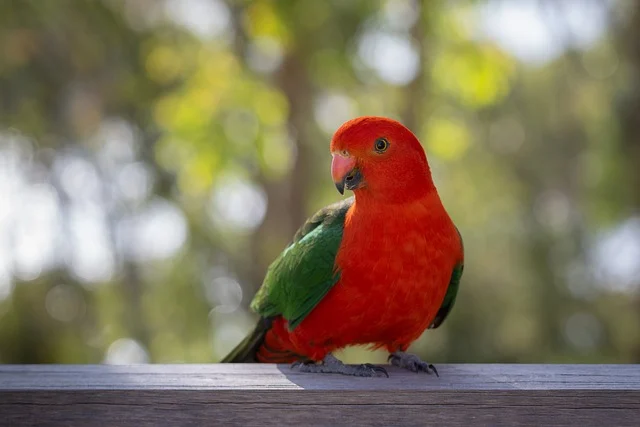
The term is likewise utilized in additional unobtrusive ways to portray circumstances where individuals take on sentiments, expressions, or ways of behaving without basic assessment. Generally speaking, this sort of parroting can be inadvertent, as individuals frequently rehash what they hear from legitimate sources like the media, companions, or social powerhouses. Parroting stretches out to different parts of life, from scholarly conditions to social cooperations, and bringing up an absence of creativity or free thought is quite often utilized.
Different Interpretations of ‘Parrot’ in Slang
The shoptalk utilization of “parrot” can be deciphered in various ways, contingent upon the specific circumstance. Now and again, it could basically allude to innocuous impersonation, where somebody rehashes something since they respect or admire the individual they’re copying.
Nonetheless, generally, the term has a pessimistic ramifications, recommending that the individual isn’t having an independent perspective and is rather indiscriminately replicating another person. Whether it’s utilized to condemn an absence of grasping, imagination, or individual knowledge, the expression conveys the heaviness of careless redundancy, similar as the bird that rehashes words without fathoming their importance.
Repeating Information Without Understanding
One of the most widely recognized translations of “parroting” in shoptalk is rehashing data without genuinely grasping it. This is many times found in circumstances where individuals take in realities, feelings, or explanations from others and spew them without breaking down or scrutinizing their precision.
For example, somebody could parrot political suppositions they’ve heard on the news or from companions, without completely getting a handle on the basic issues. This sort of conduct features an absence of free thought and decisive reasoning, causing the individual to appear as though they’re simply making a halfhearted effort of discussion without really contributing anything significant.
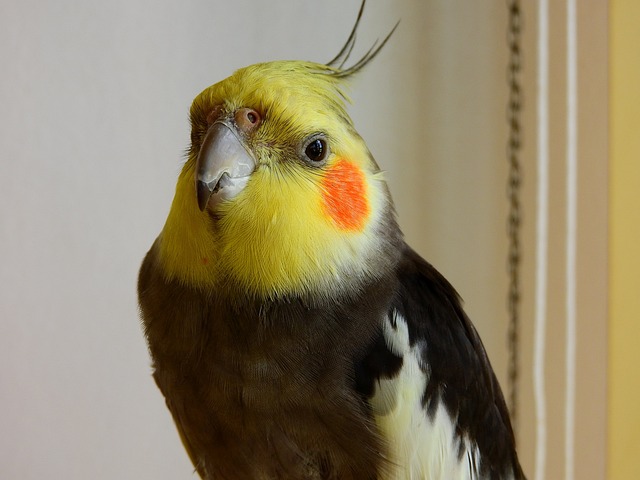
Mimicking or Imitating
One more key part of the shoptalk significance ofis its utilization to depict mirroring or copying another person. This can apply to both discourse and conduct. For instance, an individual who intently copies the activities, style, or peculiarities of somebody they respect could be supposed to be “parroting” them.
While impersonation can be a type of sweet talk, when taken excessively far, it can seem to be predictable or even deceitful. In this unique situation, parroting is many times seen as an absence of genuineness, where the individual takes on the qualities of others as opposed to fostering their own personality or style.
Negative Connotations of ‘Parroting
The unfortunate underlying meanings of “parroting” are established in the possibility that it mirrors an absence of free thought. At the point when somebody is portrayed as a it as a rule implies they are seen as unimaginative or unequipped for framing their own thoughts or sentiments.
In numerous group environments, being known as a parrot can be an affront, as it suggests that the individual is indiscriminately understanding others without addressing or methodical reflection. This negative ramifications makes “parroting” a strong illustration for bringing up when somebody is essentially obliging the group or rehashing thoughts they’ve heard, without contributing anything new or significant to the conversation.
